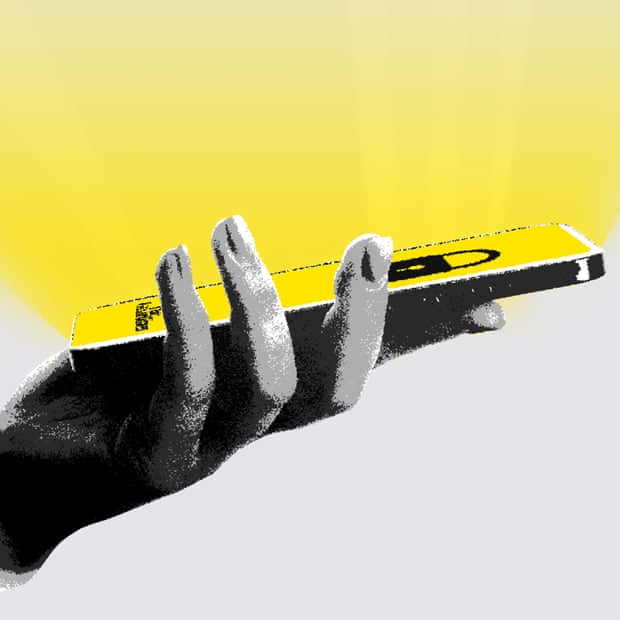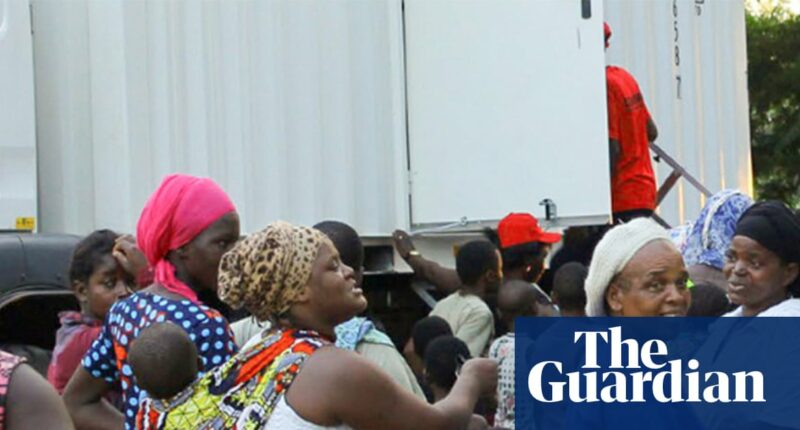Share this @internewscast.com
Malawi is facing a critical shortage of tuberculosis drugs, with health officials warning that stocks will run out by the end of September.
It comes merely months after the World Health Organization (WHO) disclosed that the country had effectively decreased tuberculosis (TB) cases by 40% over the last ten years.
In March, WHO’s country representative, Dr. Neema Rusibamayila Kimambo, stated that Malawi had achieved a high success rate in treating TB and experienced a notable decrease in death rates.
However, the health ministry, already severely impacted by funding cuts from donors like the US and UK, has been compelled to warn the public about the low stocks of first-line TB medicines throughout Malawi, which could result in disrupted or halted patient treatments.
Dr. Samson Mndolo, the secretary for health in Malawi, attributed the low stock to disturbances in the global supply of pharmaceutical ingredients, exacerbated by diminishing international support and aid. He noted that newly diagnosed patients might not be able to access standard drug regimens.
Some hospitals in the country have already reported having to borrow stock from other facilities.
In Blantyre, TB officer Lackson Namuku Gama reported that the district pharmacy had no TB drug stocks available for the 45 health facilities it services.
Gama stated: “We had zero stock of the TB drug at our district pharmacy, particularly the RHZE, the primary drug used in the initial treatment phase. To assist our patients, we had to scramble and borrow from other facilities to ensure we had something to offer them.”
“We have scaled down on the dose ration given to the patients,” he said.
Gama said the district has also run out of the cartridges used for diagnosis of TB samples and that they had been forced to stop all testing.
The TB officer for the neighbouring district of Rumphi, Umar Mwamadi, estimated that the district had enough stocks of drugs to last another month.
“We are not yet affected by the stock out, but we are also at a greater risk because our drug can only take us up to mid or late September,” he said.
Wongani Nyirenda, a hospital official in Machinga district, said stocks were also low there.
“The situation is manageable because we can mobilise drugs from one facility or district which has [stocks] to another, which is in need, to save lives. But the problem may get worse in the next few weeks when all facilities will be [without supplies],” said Nyirenda.
A Malawi health rights activist, Maziko Matemba, called on the government to intervene to avoid chaos as more facilities across the country struggled to find supplies.
“It is high time African countries should start manufacturing some of these drugs,” he said.
Despite the decline in cases, TB remains a public health concern in Malawi and has been hit badly by the drop in international funding, with an estimated incidence rate of 119 per 100 000 people (compared with eight per 100,000 in the UK) and a mortality rate of 38.6 per 100,000. According to the US Centers for Disease Control and Prevention (CDC), 47% of TB cases in Malawi are co-infected with HIV.
Malawi is one of the world’s poorest countries, with 70% of its 21.66 million people living in extreme poverty, on less than $2.15 a day, and 51% of the population eating less than the minimum daily calorie intake.
Quick Guide
Contact us about this story
Show

The best public interest journalism relies on first-hand accounts from people in the know.
If you have something to share on this subject you can contact us confidentially using the following methods.
Secure Messaging in the Guardian app
The Guardian app has a tool to send tips about stories. Messages are end to end encrypted and concealed within the routine activity that every Guardian mobile app performs. This prevents an observer from knowing that you are communicating with us at all, let alone what is being said.
If you don’t already have the Guardian app, download it (iOS/Android) and go to the menu. Select ‘Secure Messaging’.
SecureDrop, instant messengers, email, telephone and post
If you can safely use the tor network without being observed or monitored you can send messages and documents to the Guardian via our SecureDrop platform.
Finally, our guide at theguardian.com/tips lists several ways to contact us securely, and discusses the pros and cons of each.















